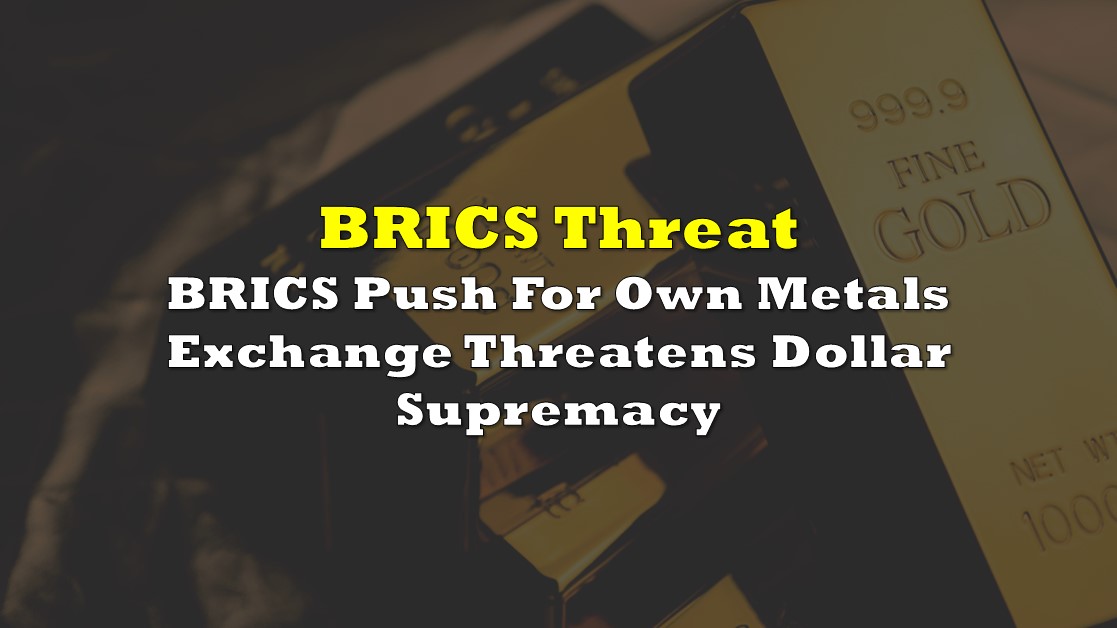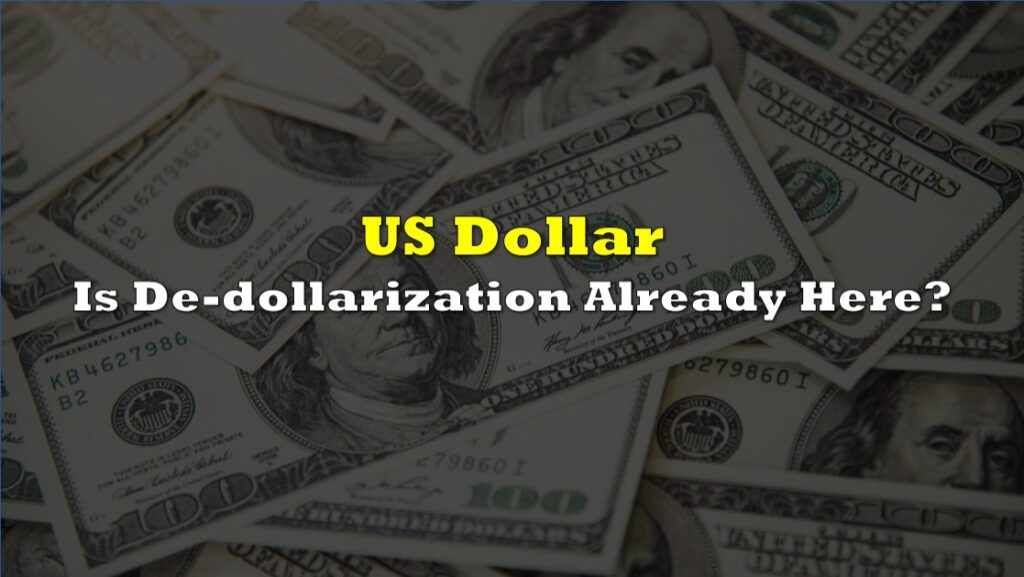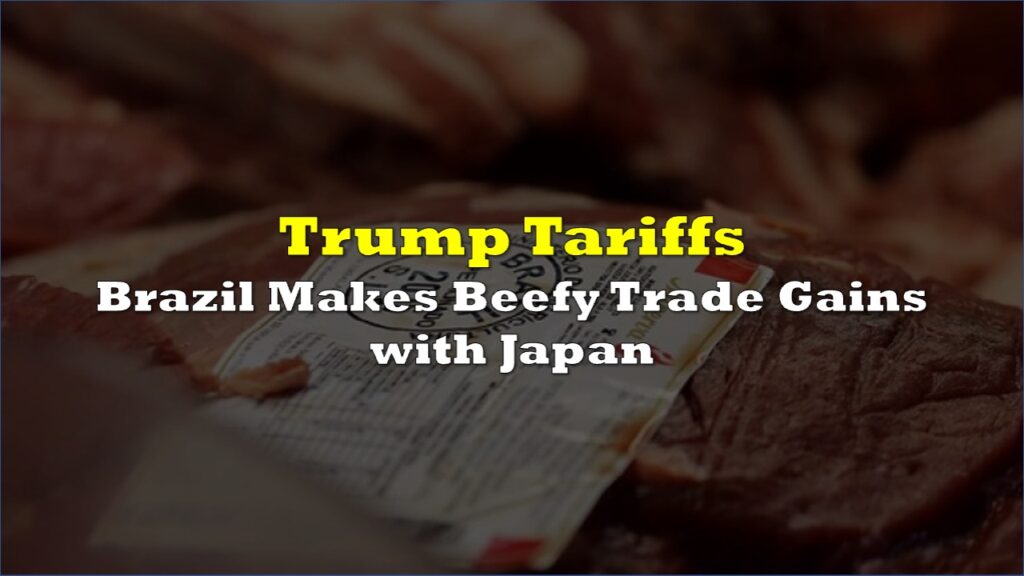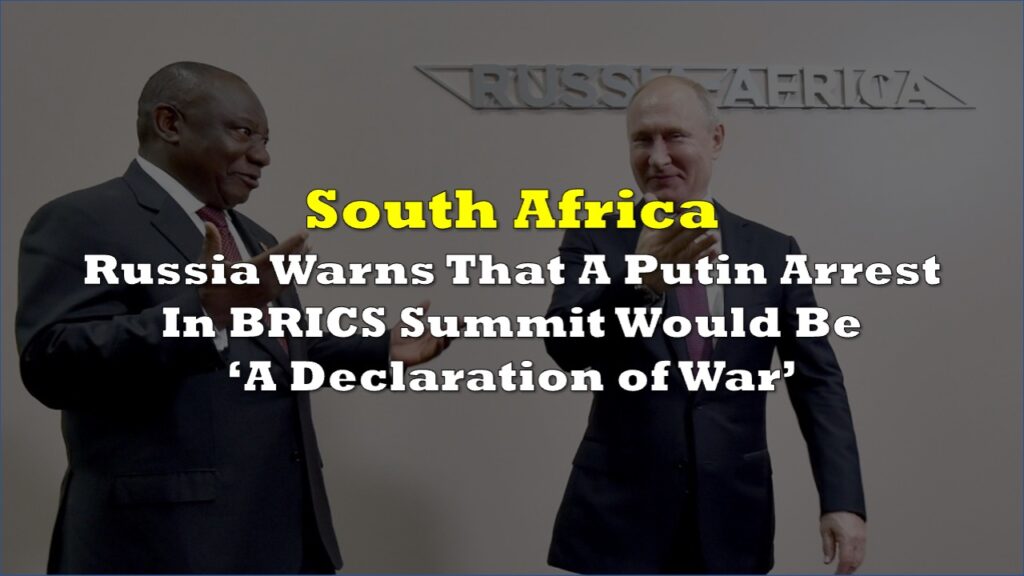The BRICS alliance has announced plans to establish a new precious metals exchange designed to rival existing Western-based pricing systems. Observers note that the US has threatened 100% tariffs in response, highlighting the tension between Washington and the member states of the bloc.
Following a collective declaration at a recent summit, Russian Finance Minister Anton Siluanov confirmed his country’s push for a metals-trading mechanism that would enable “the formation of fair and equitable competition based on exchange principles.” In his statement, Siluanov emphasized that the envisioned BRICS exchange will institute fresh standards for production, trade, accreditation, and auditing, ultimately becoming what he described as “a key regulator of prices for precious metals.”
BRICS is building its own precious metals exchange to challenge Western pricing power—while the U.S. threatens 100% tariffs in response. Could this be the start of a new gold standard… without the dollar?
— Andy Schectman – Miles Franklin Precious Metals (@MilesFranklinCo) April 10, 2025
Andy Schectman, President and Owner of Miles Franklin Precious Metals, told Kitco News that this move by BRICS—encompassing Brazil, Russia, India, China, and South Africa—could accelerate global de-dollarization and set the stage for an international gold-backed currency, which some have tentatively dubbed the “unit.”
Citing a whitepaper, Schectman noted that the proposed currency framework calls for a 40% gold backing and a 60% peg to participating BRICS national currencies, creating what he described as “an apolitical currency” designed to avoid the perceived vulnerabilities and “weaponization of the US dollar.”
This fueled speculation about the potential revaluation of gold, with Schectman suggesting the metal could rise to as much as “$150,000 an ounce.”
“Suppose the U.S. holdings are above 8,000 metric tons, which hasn’t been audited in forever,” he said. “By just revaluing gold to a level that makes our balance sheet balanced with the liabilities, we could end up with a higher asset level.”
Adding to the intrigue is the ongoing trend of central banks worldwide repatriating gold and accumulating it in record amounts, a strategy that hints at preparations for a possible new monetary environment. Schectman pointed to countries including Germany, Austria, and the Netherlands as examples of those bringing gold reserves back home from foreign repositories, while other nations—such as Saudi Arabia, India, and Turkey—have also been stepping up their gold purchasing and storage efforts.
Information for this story was found via the sources and companies mentioned. The author has no securities or affiliations related to the organizations discussed. Not a recommendation to buy or sell. Always do additional research and consult a professional before purchasing a security. The author holds no licenses.









